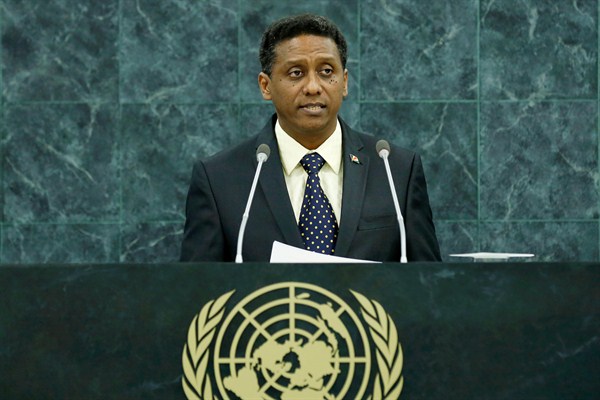Last month, the Seychelles’ president, James Michel, resigned after his political party, known as Parti Lepep, lost parliamentary elections. Vice President Danny Faure will be sworn in later this month to complete the remainder of Michel’s five-year term. In an email interview, Yolanda Sadie, a professor at the University of Johannesburg, discussed politics in the Seychelles.
WPR: What were the main issues that dominated the recent elections in the Seychelles, and what explains the opposition Linyon Demokratik coalition’s victory?
Yolanda Sadie: Economic issues dominated the election. During the campaign, the incumbent Parti Lepep, or People’s Party, highlighted its achievements of the past few years, such as restoring economic growth and creating more opportunities for citizens, particularly youth, through entrepreneurship. The Linyon Demokratik coalition, or LDS, promised economic reforms, including attacking inequality more vigorously, spending more on education, and protecting small businesses against monopolies. In essence, the LDS promised more of what Parti Lepep has been doing.

